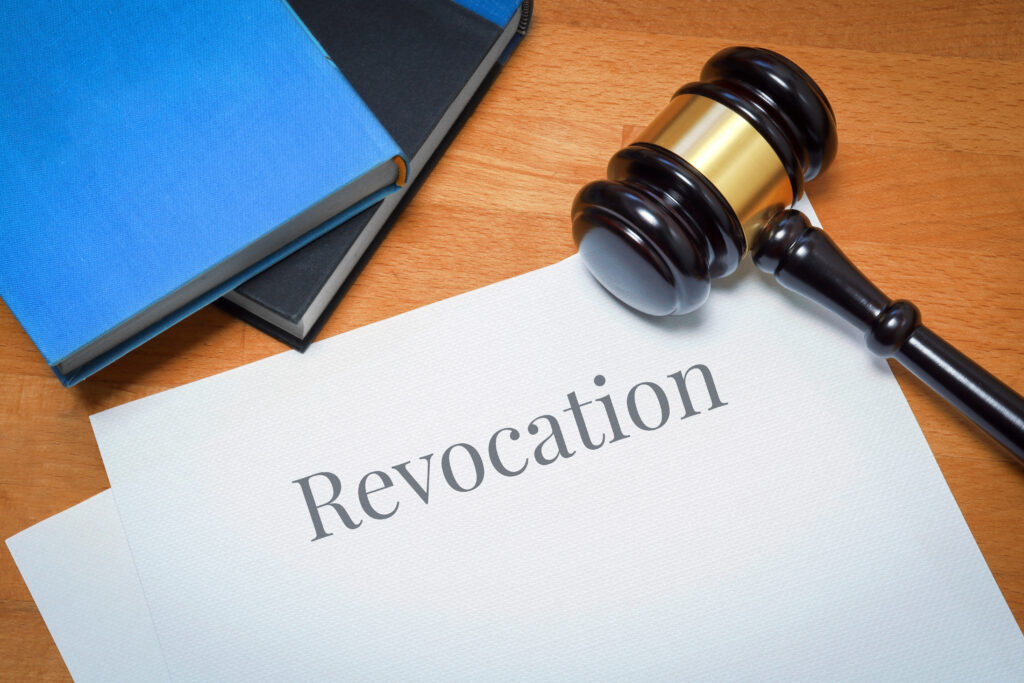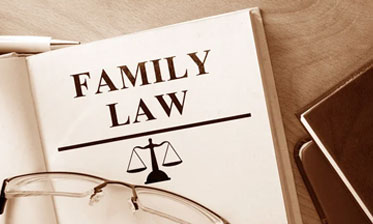
What is Civil Revocation?
In North Carolina, a civil revocation refers to the administrative suspension that occurs immediately after certain alcohol-related offenses, typically involving impaired driving (DWI). It is not a criminal punishment, but rather a civil consequence imposed by the state.
A civil revocation occurs when law enforcement officers determine that you were driving under the influence of alcohol or drugs and you have a blood alcohol concentration (BAC) of .08 or higher or you refuse to submit to a breath or blood test under the implied consent laws. Upon completion of these conditions, your driver’s license is typically suspended for 30 days*. This suspension happens regardless of whether or not you are ultimately found guilty and convicted of the DWI charge.
After the 30-day suspension period, you can go to the Clerk of Court and pay the civil revocation fee of $100, and your driver’s license will be returned to you. This is important to note because if the $100 civil revocation fee is not paid, your driver’s license will continue to be suspended until the $100 civil revocation fee is paid. The fee can be paid prior to the 30 days suspension period.
Although the payment of the civil revocation fee will eliminate that suspension of your driving privileges, it is important to know that this is separate from the pending DWI and that a conviction of the DWI at a later time will have other penalties, including a separate and longer driver’s license suspension.
Appealing the Civil Revocation Suspension
You do have the right to challenge the civil revocation in an administrative hearing. It is a separate hearing from the DWI criminal trial and is a way to challenge the suspension of your driver’s license. The administrative hearing must be made within 10 days of the notice of the civil revocation and a hearing officer will decide if the suspension of your driver’s license should stand.
If you are facing a suspended driver’s license due to a civil revocation or are interested in appealing the suspension the attorneys at Ley Law can help. We can help review the facts of your case and assist with reinstating your driving privileges after the 30-day suspension period or aid in helping you appeal the civil revocation suspension.
*The most common suspension is 30 days. Refusals are 1-year suspensions. If you have a pending DWI and get a subsequent DWI, then the suspension will be until all pending DWIs are resolved.





